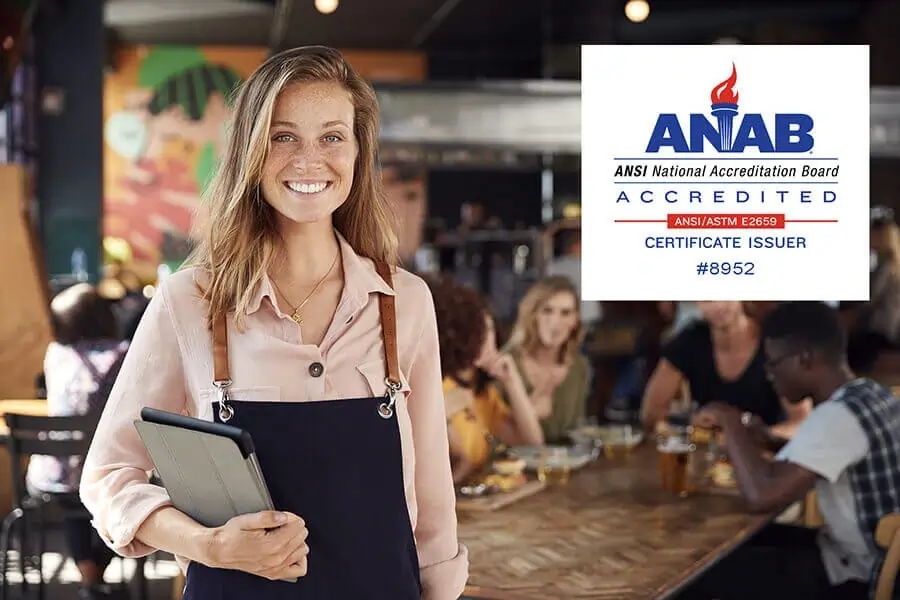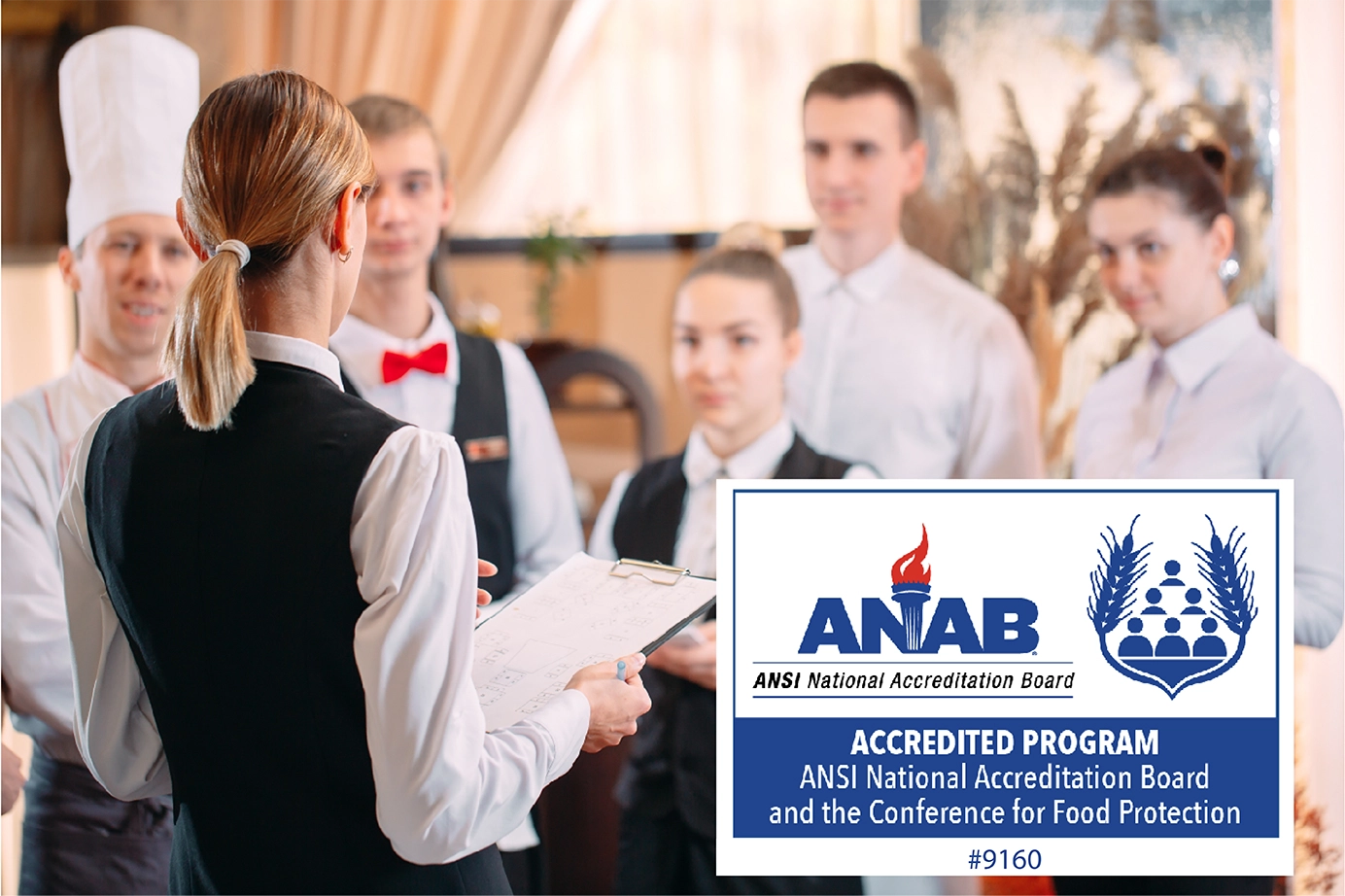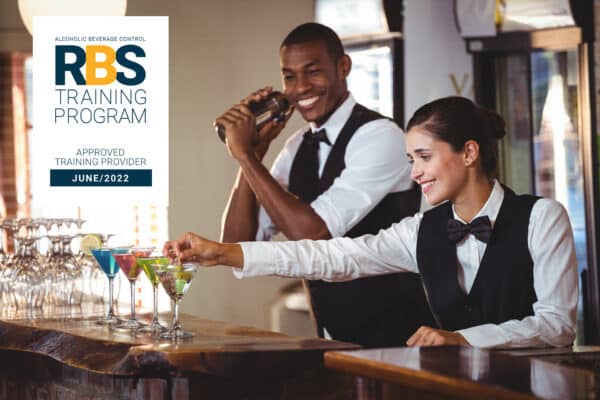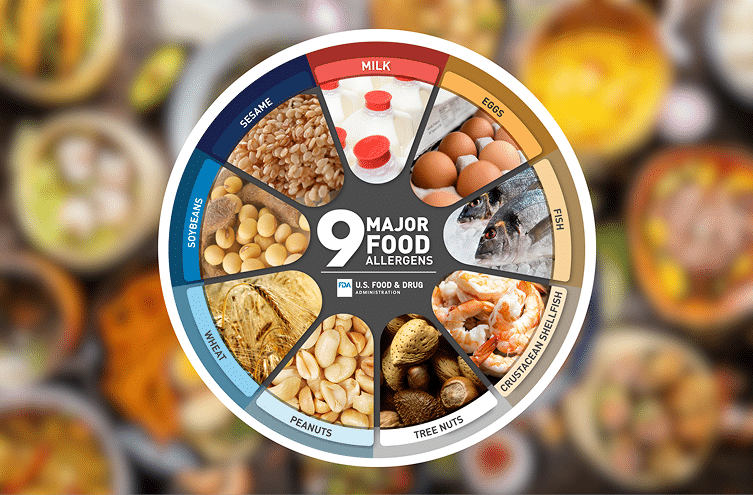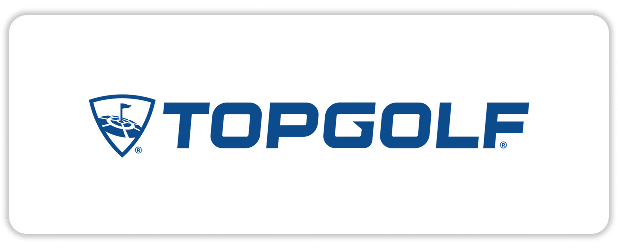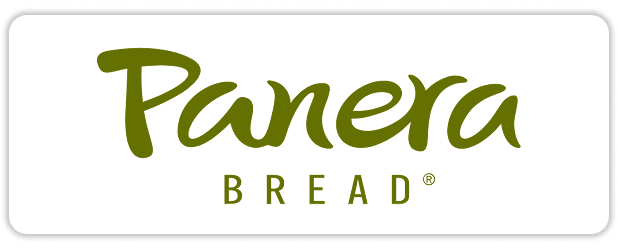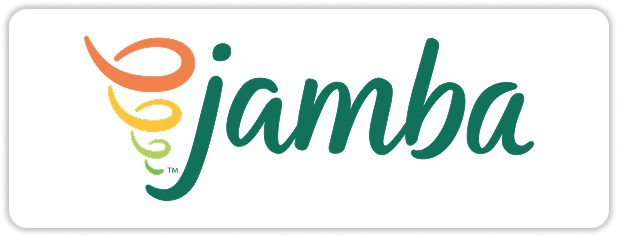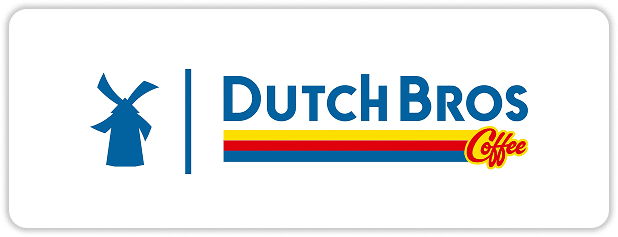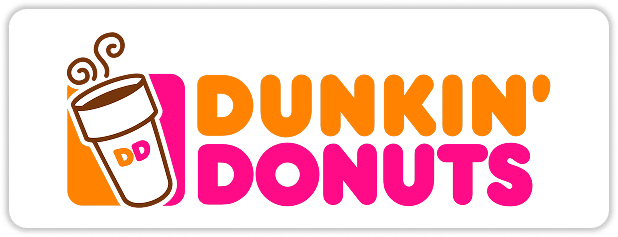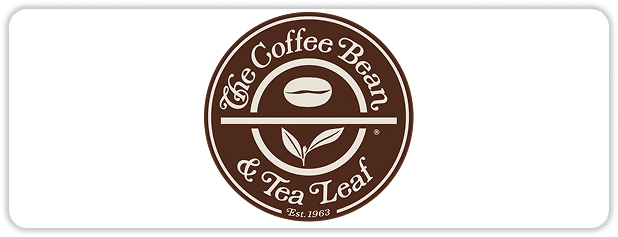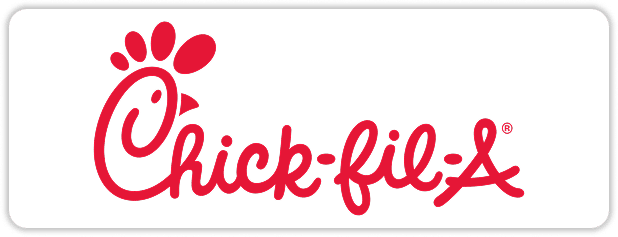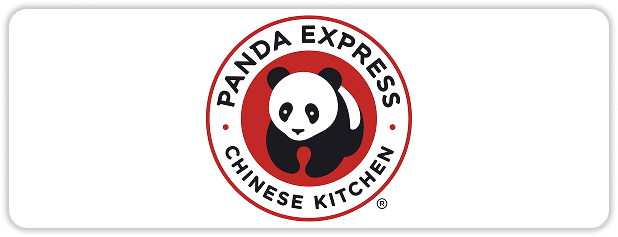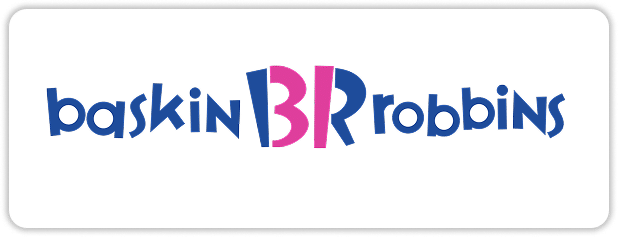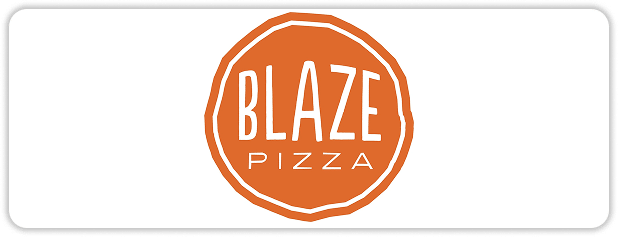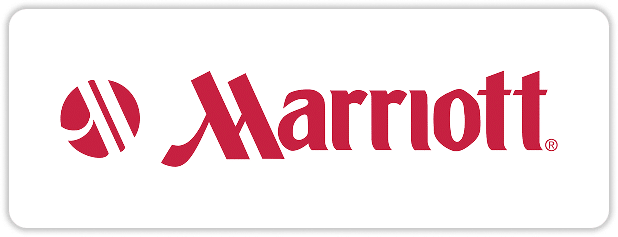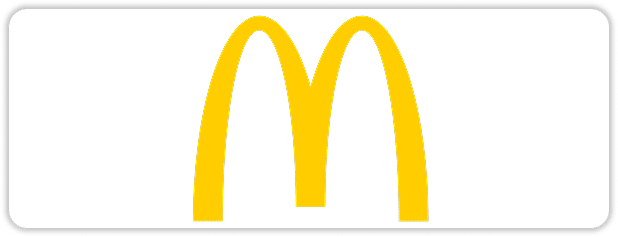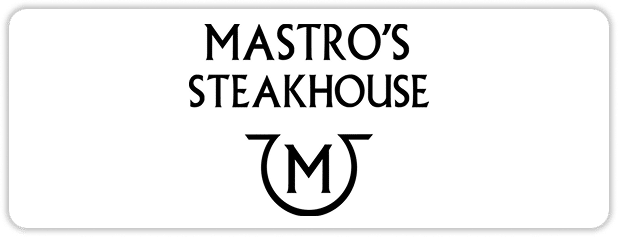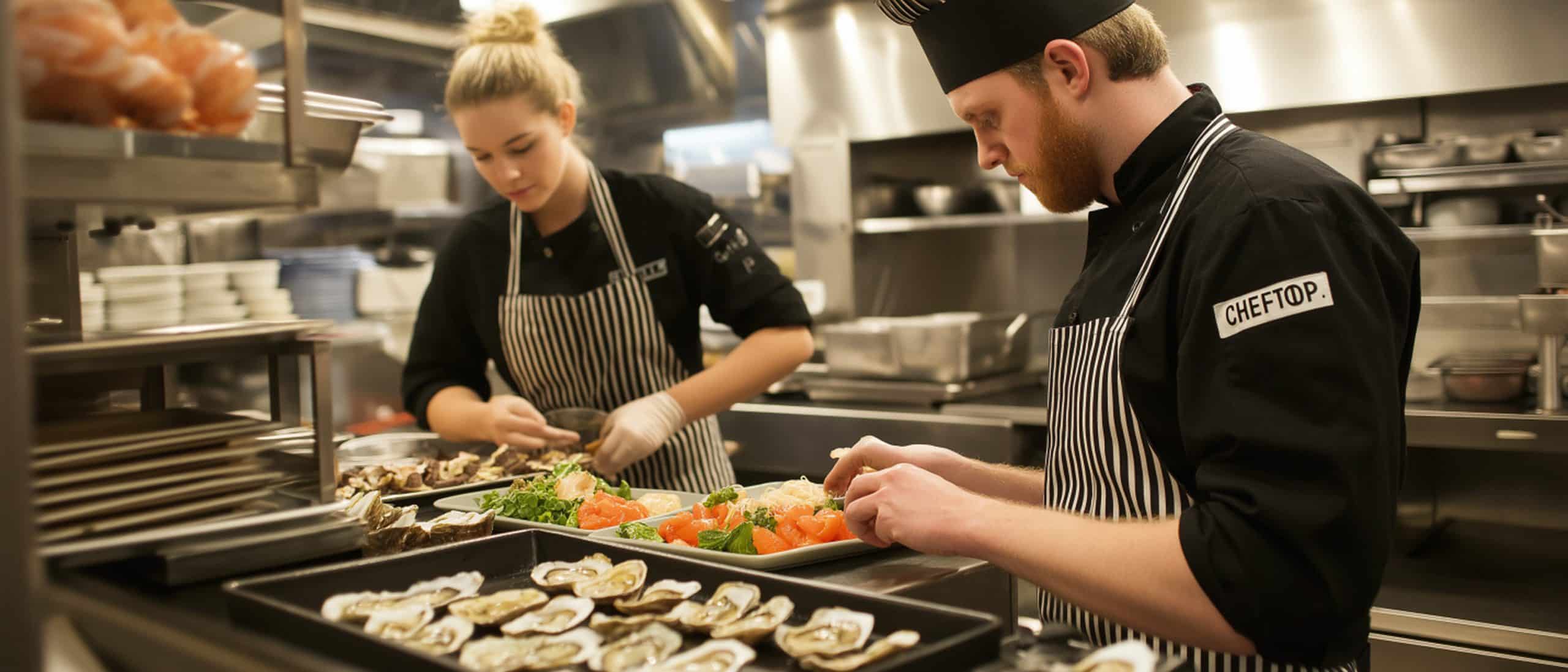
The Essential Role of Food Handler in Food Safety
If you’re starting a job in the foodservice industry, you’ve likely come across the term “food handler.” But what does that really mean? Whether you’re working behind the scenes in the kitchen or out front serving guests, it’s important to understand your responsibilities in this role.
This guide will walk you through what a food handler is, what they do, and why the role of food handler is critical for maintaining food safety standards in any food establishment.
Who Is a role of Food Handler?
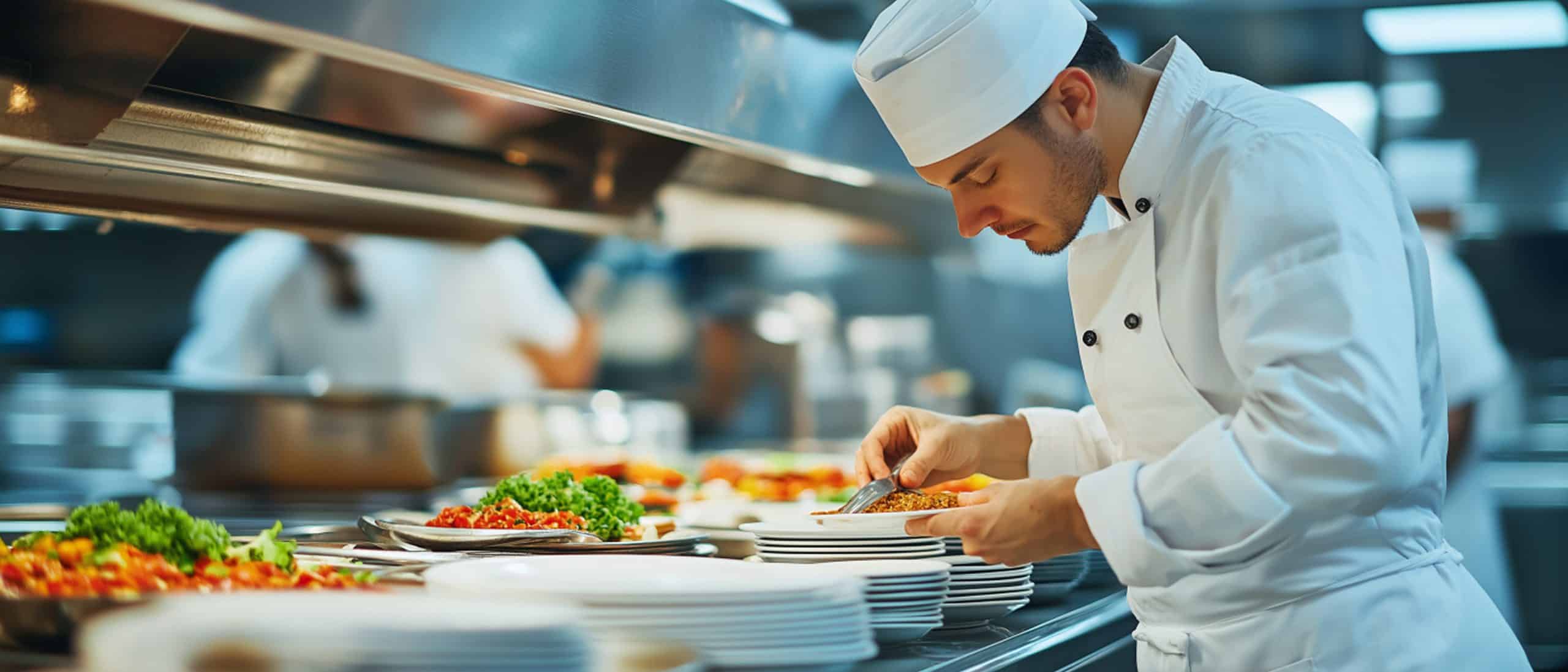
A food handler is anyone who directly handles food or works with food-contact surfaces, such as plates, utensils, prep counters, and equipment. This includes a wide variety of positions in the food industry:
- Cooks and chefs
- Dishwashers
- Servers and bussers
- Baristas and bartenders
- Food prep staff
- Food truck operators
- Concession stand workers
- Catering staff
Essentially, if your job involves touching food, serving it, preparing it, or cleaning the tools and surfaces used to handle food, you are considered a food handler.
Where Do Food Handlers Work?
Food handlers are found in a variety of establishments, including:
- Restaurants and cafes
- Bars and lounges
- Grocery stores and retail food outlets
- School cafeterias and universities
- Food trucks and mobile vendors
- Hospitals, nursing homes, and care facilities
- Catering companies
- Farmers’ markets and food stands
These settings are all considered food establishments—places where food is prepared, served, sold, or distributed.
Responsibilities of a Food Handler
While job duties may differ from one role to another, all food handlers share a core responsibility: to protect the public from foodborne illnesses. Here’s how that breaks down by role:
Cooks and Kitchen Staff
- Prevent cross-contamination during food prep.
- Cook food to a safe internal temperature
- Properly label and store ingredients
- Monitor food that is being hot- or cold-held
Dishwashers
- Follow proper sanitizing protocols
- Ensure dishwashing machines reach the required temperature
- Avoid re-contaminating clean dishes with dirty ones
- Use the correct order when using a three-compartment sink
Servers and Baristas
- Serve food and drinks without touching eating or drinking surfaces
- Practice good hand hygiene and proper glove use
- Ensure food is delivered to customers safely and efficiently
The role of a food handler includes understanding proper personal hygiene, identifying potential food hazards, and recognizing the importance of regularly cleaning and sanitizing workspaces.
Do Food Handlers Need a Food Handler Card?
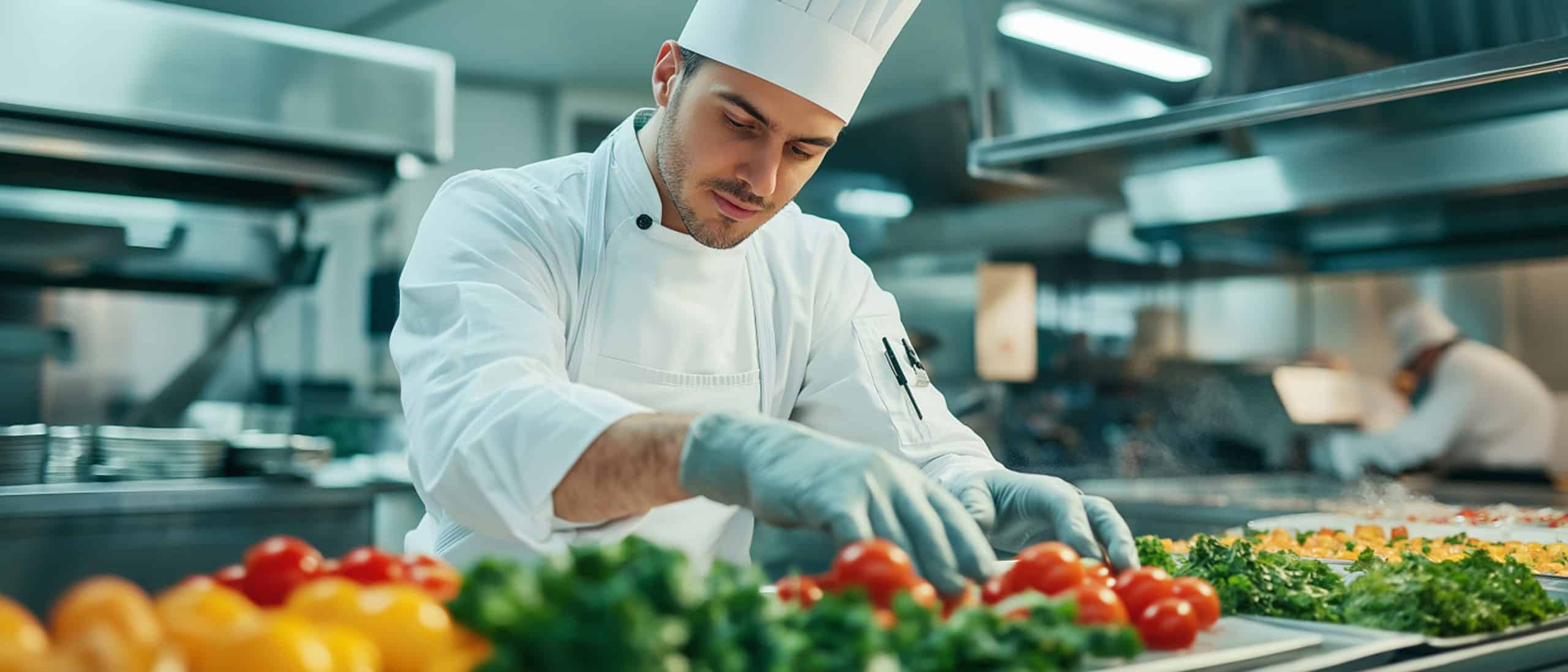
In many states and local jurisdictions, food handlers are required to earn a food handler card (also called a certificate, permit, or license). This proves you’ve received basic training in food safety topics like:
- Time and temperature control
- Cross-contamination and cross-contact
- Personal hygiene and handwashing
- Foodborne illness prevention
- Safe cleaning and sanitizing methods
To obtain a food handler card, you usually need to complete a brief training course and pass a test. Most certifications are valid for 2 to 3 years, though this varies by location.
Note: Many states require that the training provider be accredited by the ANSI National Accreditation Board (ANAB) to ensure the course meets industry-recognized standards for food safety. |
Why the Role of a Food Handler Is So Important
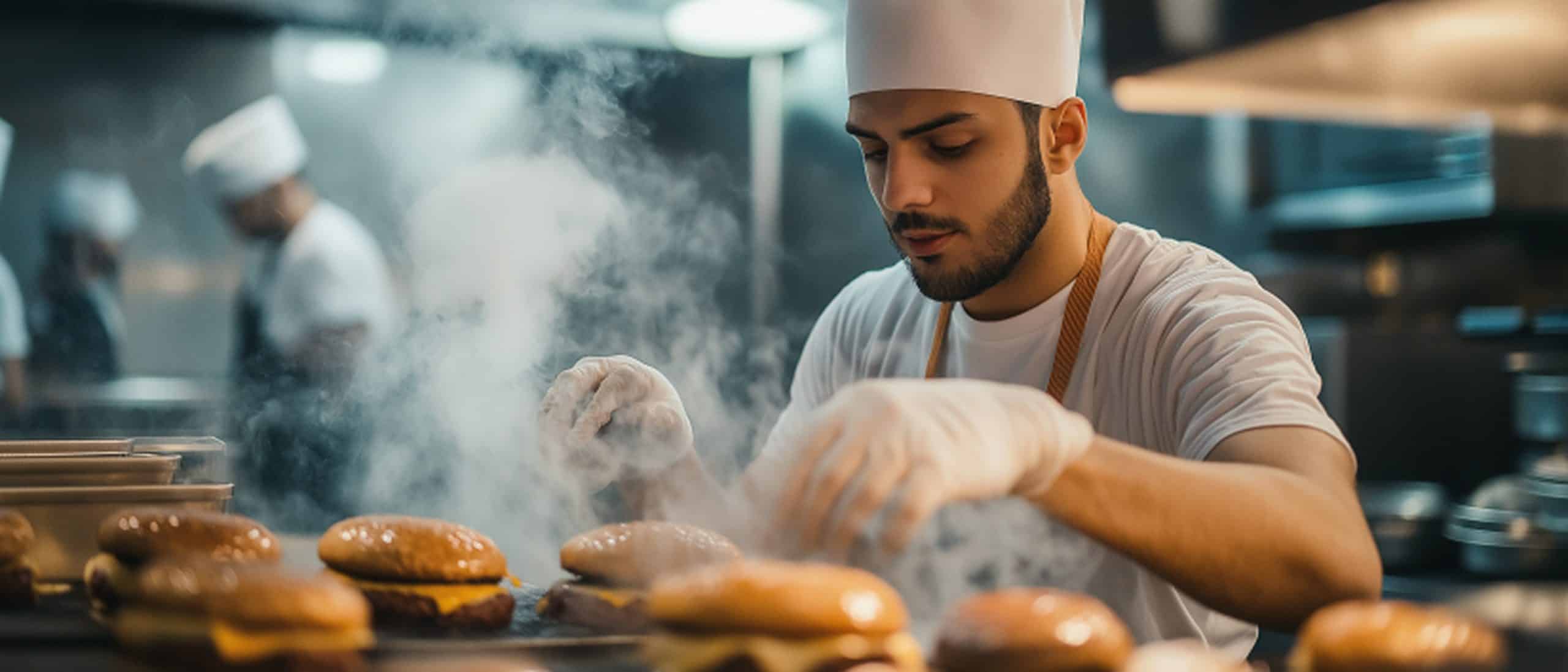
The role of a food handler is foundational in maintaining a safe and sanitary food environment. Regardless of your specific title or tasks, you’re on the front line of preventing foodborne illnesses. Poor food handling practices can quickly lead to contamination, health code violations, and, most importantly, a risk to public health.
Being properly trained and certified provides you with the knowledge to make informed decisions that protect customers, coworkers, and yourself.
Final Thoughts
Whether you’re flipping burgers, serving drinks, or washing dishes, the role of a food handler comes with serious responsibility. Understanding your role and completing proper food safety training are key to succeeding in the foodservice industry.
Always check with your state or local health department for specific food handler certificate requirements in your area, as rules can vary.
To stay compliant and confident in your role, consider earning your certification through a trusted training provider. AAA Food Handler offers ANSI-accredited food handler courses that are fast, affordable, and available online 24/7 to fit your schedule.

